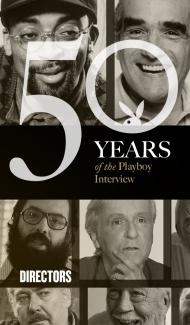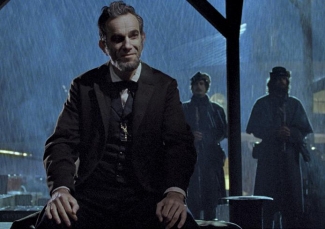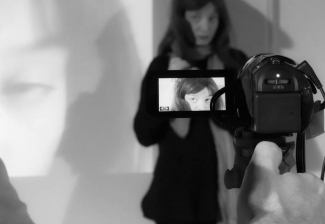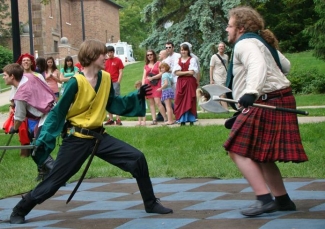

It's certainly easy to become distracted, but the fact is that Playboy magazine have also featured some amazing interviews. This legendary Bergman encounter took place in Stockholm, February, 1964. As is customary in this part of the world, they break the ice with talk about the weather:
Bergman: Well, are you depressed yet?
Playboy: Should we be?
Bergman: Perhaps you haven’t been here long enough. But the depression will come. I don’t know why anybody lives in Stockholm, so far away from everything. When you fly up here from the south, it’s very odd. First there are houses and towns and villages; but farther on there are just woods and forests and more woods and a lake, perhaps, and then still more woods with, just once in a while, a long way off, a house. And then, suddenly, Stockholm. It’s perverse to have a city way up here. And so here we sit, feeling lonely.
The interview can now be enjoyed on Kindle for a few dollars and for free here. I'm sure the interviews with Fellini, Scorsese, Tarantino et al make a good read as well. "Follow the white rabbit", to quote a phrase.







